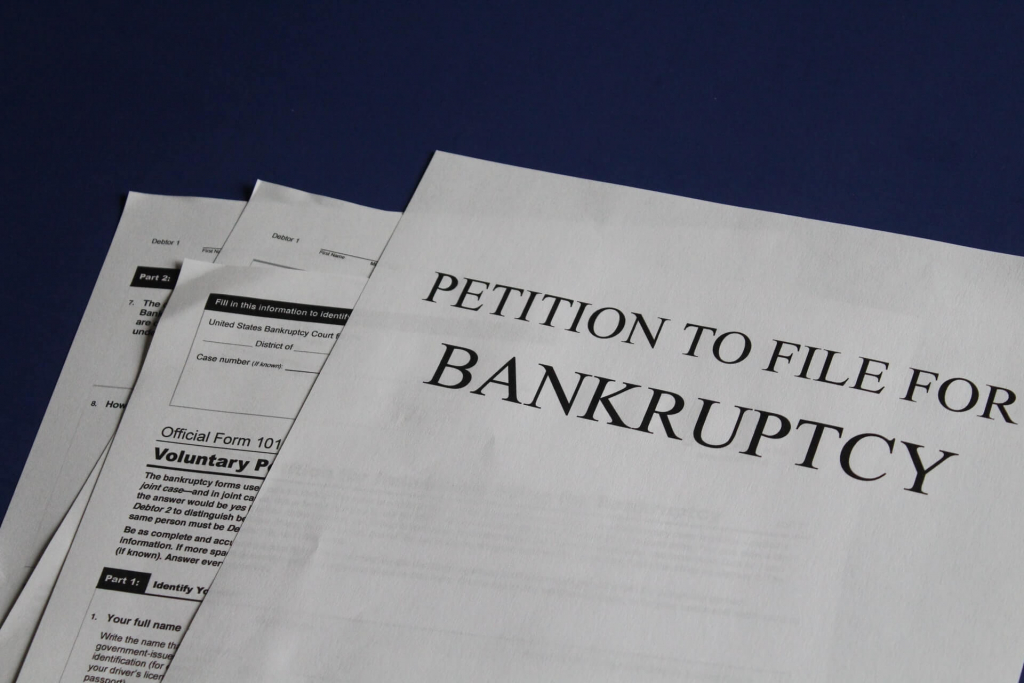For most of the landlords, dismissing tenants is the last resort. Evicting tenants is a stressful and expensive process that most landlords try to avoid. As much as possible, they will try to talk it out with the tenant and try to settle things before it gets worse. Unfortunately, some renters will not be as inclined to solve the problem and will do anything to extend their stay.
Tenants who are on the verge of losing their homes will find ways to delay it. Some tenants will exert all their efforts to look for solutions to the problem and correct their mistakes. However, some of them will try legal strategies to delay the eviction process. Let us look at some of them.

• Respond to complaint
If the tenant refuses to correct their violation, they will try to contest the complaint to the court. The most common action is to respond to the complaint and go to trial. During the court hearings, they will try to justify their actions by reporting issues regarding that property that will project that the landlord failed to keep his end of the bargain. For example, they will provide evidence that the property is uninhabitable, which will rationalize the delay in paying the rent. Since it is the landlord’s job to maintain a habitable residence, he might lose the case.
The court hearing will be scheduled within 20 days after they receive the request. Before the day of the trial, the landlord should prepare the complete documents to use as evidence of the tenant’s irresponsible behavior. Examples of these are records of missed payments, notices given to the tenants, and a copy of exchanges made throughout their stay. If the court finds it sufficient, the landlord will win the case, and the tenant will have to pay for the money they owe, court fees, etc.

• Motion to overthrow
Before the eviction process will begin, a notice will be served to the tenant involved. There are different types, but most of them are notices that will give the tenant time to resolve the problem. It is fair to give them the opportunity unless it is a major unrepairable violation of the lease agreement.
Some tenants will try to file a motion to overthrow the complaint. They will claim that they have not been made aware of the problem and was not served with a notice. They will attempt this to try and cancel the eviction.
Most of the time, the judge will deny the request to dismiss and move forward with the trial. However, if it is proven that the landlord failed to properly serve the notice, the landlord will have to serve it again. This technique may delay the trial for almost two weeks.
• File for Bankruptcy
I mentioned that the tenant will do anything to avoid facing the complaint against him. A desperate move is filing for bankruptcy. This strategy will not only delay the proceedings, but it will also frustrate the landlord to no end.
If the tenant files for bankruptcy, they will get an automatic stay. Not even the local sheriff can evict the tenant once they have a bankruptcy petition. The landlord will be unable to proceed with the eviction until he obtains a ”Relief from the Automatic Stay.” The lawyer must file a motion for relief and wait for it to be brought to trial. Usually, the court will favor the landlord then the judge will sign the ”Order for Relief.” Until then, the tenant is safe from getting kicked out of the property, which was their primary intention in the first place.

It is expected that the tenant will likely try to delay the process because being homeless is not easy. Although they probably had it coming. The landlords should try and avoid these types of renters and you can help them with that. Leasing agents are experts on finding good tenants.
With today’s technology, reaching out to a vast market of renters is easy. By using Padleads, you can post property listings and reach thousands of potential tenants online. Not only that: Padleads will let you syndicate your listings to other websites to broaden your audience. What more do you need?